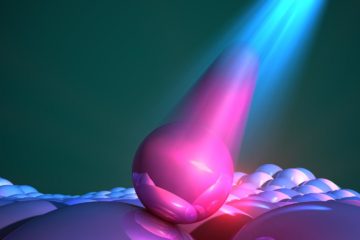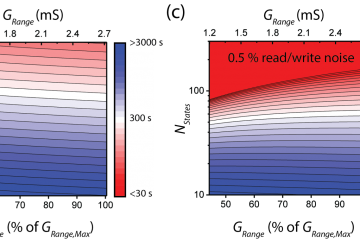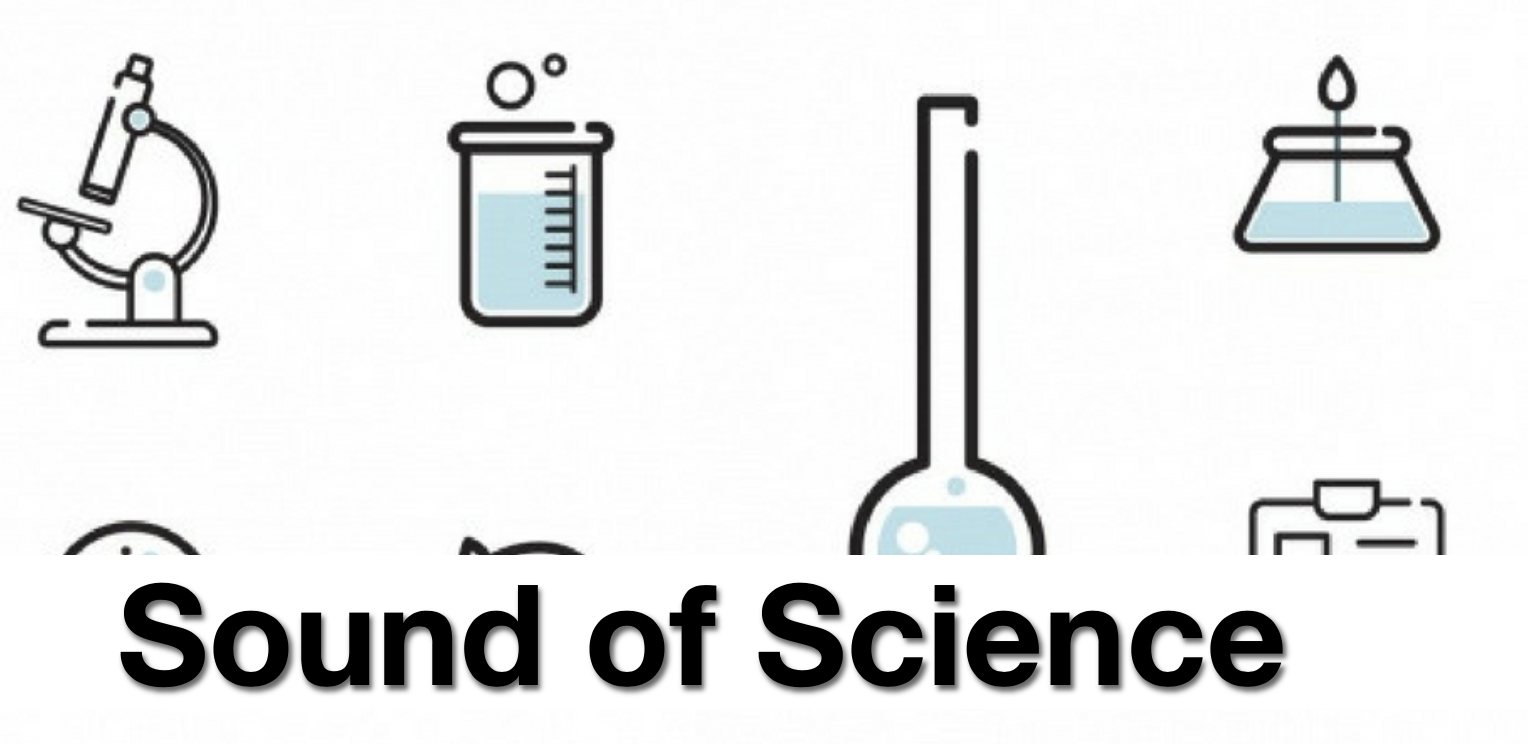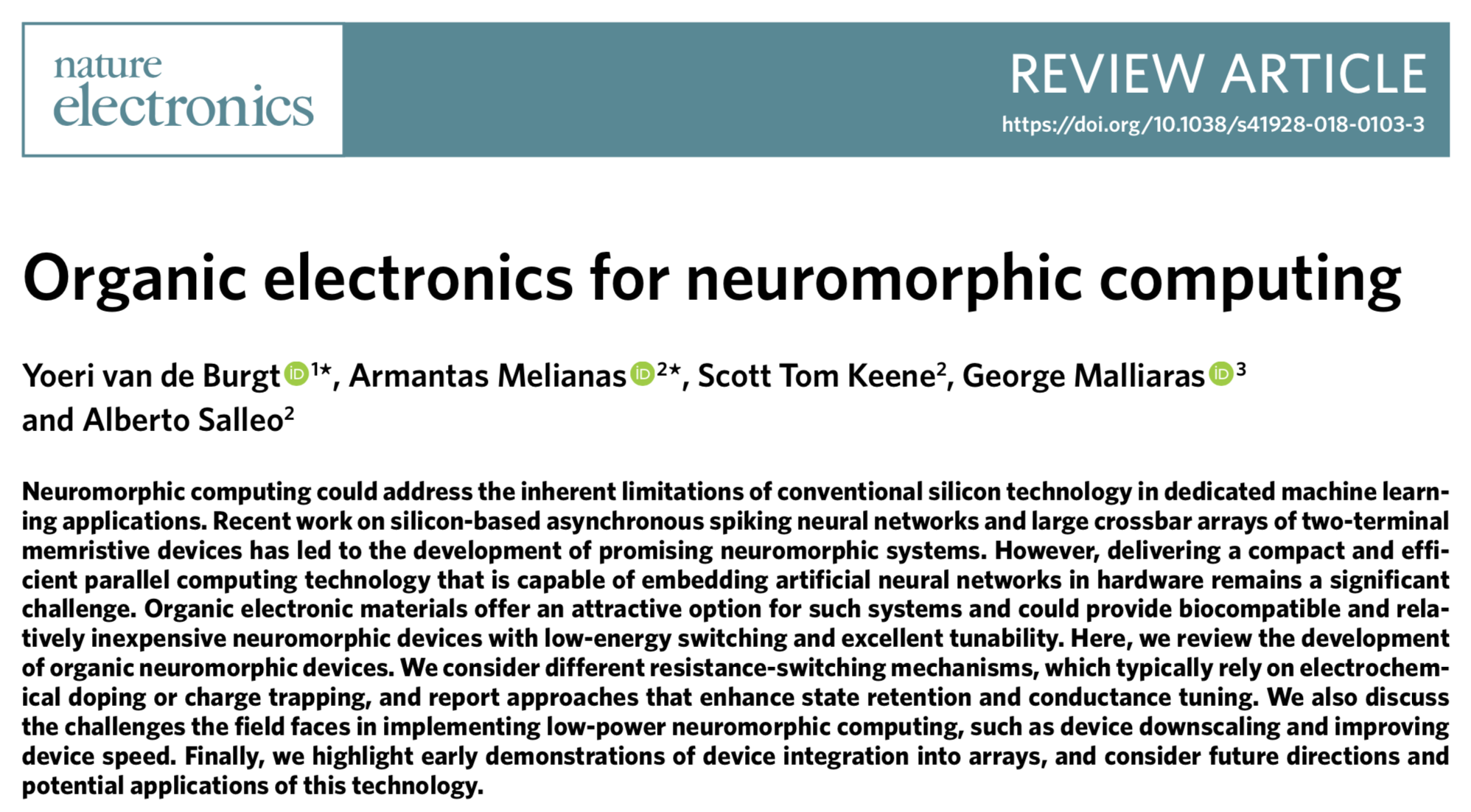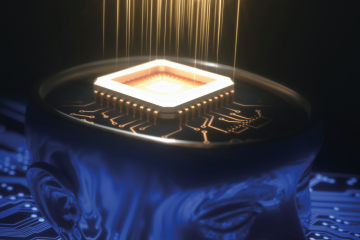News
Measuring extremely efficient Quantum Dots | Now out in Science Magazine
Our latest work together with prof. Salleo (Stanford) and prof. Alivisatos (UC Berkeley) on ultra-bright quantum dots is now published in Science Magazine (link). In this work, we have focused on how efficiently quantum dots reemit the light they absorb. While previous attempts to figure out quantum dot efficiency hinted at high performance, we have developed a new measurement technique to confidently show they could even compete with, expensive, single crystal materials. The measurement is based on checking for excess Read more…
